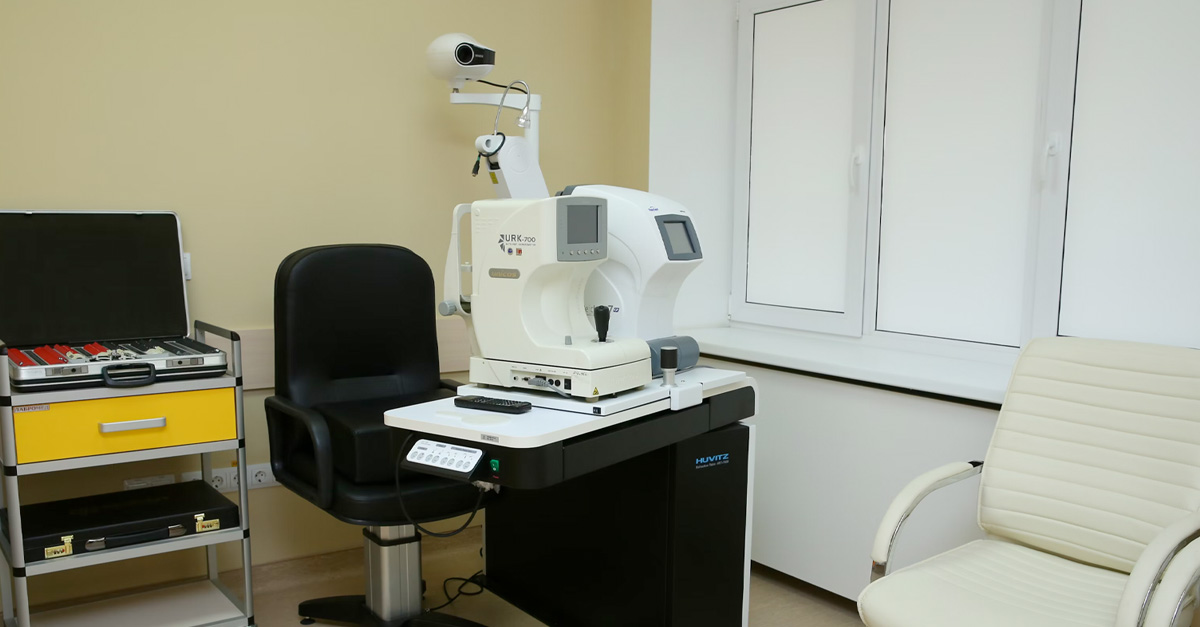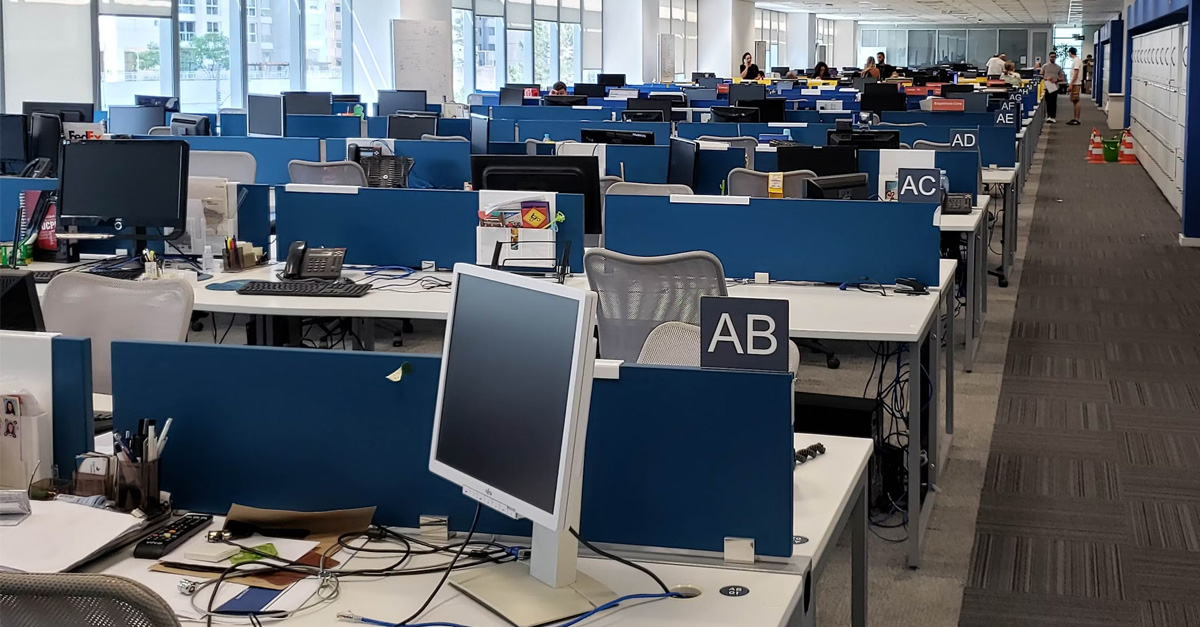
Site Selection Visits - What Still Matters in a Hybrid World
Rethinking What Site Readiness Looks Like
As decentralised and hybrid trials become more common, site selection processes have had to evolve. In traditional models, site visits focused on physical infrastructure. Could they store samples correctly? Did they have exam rooms? Was their IT equipment sufficient?
Today, the physical still matters but it is no longer enough. In studies with remote monitoring, digital data entry, and fewer in-person visits, what matters most is digital readiness and team responsiveness.
Beyond the Equipment Checklist
Modern site visits (even virtual ones) should ask more than whether a clinic has a working fridge or secure cabinets. They should explore how well a site can handle tasks in a digital-first environment.
Some useful prompts:
- Do staff understand and feel confident using electronic case report forms?
- Is internet access fast and stable enough for video visits or remote monitoring?
- How are participants supported if they struggle with eConsent or app tasks?
- Are site coordinators familiar with resolving electronic queries or flagging deviations online?
These questions uncover whether the site is likely to operate efficiently once the study starts, not just whether it looks good on paper.
What Virtual Walkthroughs Can Reveal
Many sponsors now run remote site selection visits using screen sharing, guided Q&A, or video tours. These are more than logistics checks. They can help teams understand:
- Whether responsibilities are clearly divided between staff members
- How patient data is handled from intake to upload
- Whether the team has worked with remote-first protocols before
- What kind of participant support they are ready to provide
Even asking a site to demonstrate how they would complete an eCRF or resolve a system query can offer valuable insight.
The Human Factors Still Count
Technology is only half of the equation. The other half is culture. A site might have good connectivity and all the right systems, but if the team is disorganised, under-resourced, or resistant to digital processes, the study will still suffer.
Look for signs of adaptability:
- Do they ask thoughtful questions about remote processes?
- Are they transparent about past delays or challenges?
- Is there a clear sense of ownership among the staff?
Good site selection is about fit not just capability, but attitude. You want a team that sees the value in remote workflows and is motivated to make them work.
What Still Matters From Traditional Visits
Despite all the digital shifts, some basics remain:
- Can they recruit from the intended population?
- Are they compliant with ethics and regulatory submissions?
- Is there a designated PI who will stay engaged throughout?
These fundamentals have not changed. What has changed is how they interact with the new trial model.
For example, a site might have a good track record in recruitment but if their recruitment approach is based entirely on walk-in patients or local posters, they may struggle to deliver in a trial where participants are recruited online and screened remotely.
Make the Selection Visit Count
Whether in-person or online, the selection visit should do more than approve infrastructure. It should give both the sponsor and the site a chance to understand how they will work together.
Strong decentralised trials depend on partners who are digitally ready and operationally engaged. Site selection is where you begin to find those people or start narrowing the field.
Use the contact form here or email us at hello@trialflare.com














